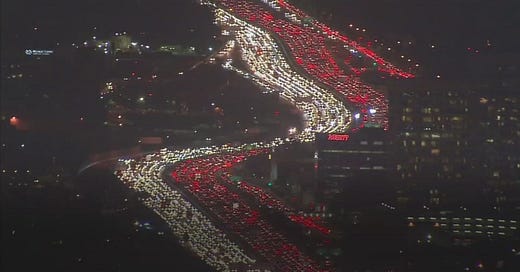🌏 The greatest human migration in history is happening now... 🛫
Is office is a legacy concept? The 3rd era of remote work & possibilities for your family + 3 companies enabling remote work in Asia today.
Sometimes I might write about stuff that is high up, a little too macro or untouchable. However today, there is something going on that touches all of us, so I had to research, write about it, and sh…
Keep reading with a 7-day free trial
Subscribe to The Adaptive Economy Newsletter by Atlas Capital to keep reading this post and get 7 days of free access to the full post archives.



